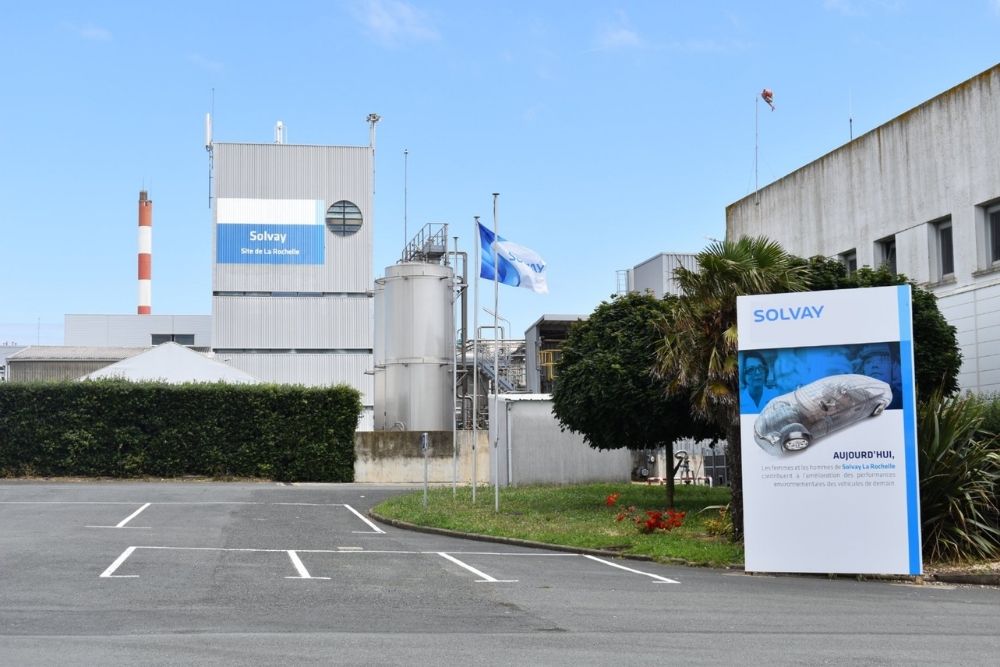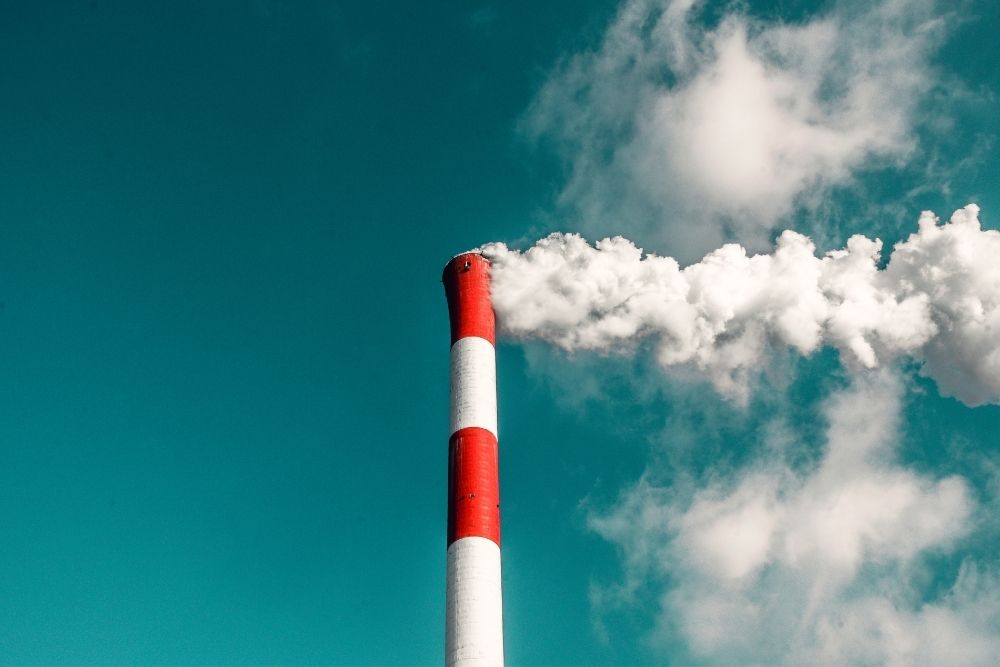EU fears China could become new Russia in terms of economic dependence
- September 18, 2023
- Posted by: Quatro Strategies
- Categories: China, ESG & Renewable Energy, Europe, Mining & Metals

A paper prepared for EU leaders has raised concerns about potential over-dependency on China for lithium-ion batteries and fuel cells by 2030, drawing a parallel with the EU’s past reliance on Russia for energy. The paper is set to form the basis of discussions on Europe’s economic security during an EU leaders’ meeting in Granada, Spain, on Oct. 5. The European Commission has proposed measures to mitigate the risk of excessive dependence on China and to diversify towards Africa and Latin America, given China’s growing global assertiveness and economic influence.
Europe’s ambition to achieve net-zero carbon dioxide emissions by 2050, coupled with the intermittent nature of renewable energy sources like solar and wind, will necessitate effective energy storage solutions. The paper highlights that this will significantly escalate the demand for lithium-ion batteries, fuel cells, and electrolysers, estimated to multiply between 10 and 30 times in the coming years.
Despite the EU having a strong position in the intermediate and assembly phases of producing electrolysers, with over 50% of the global market share, it heavily relies on China for crucial components like fuel cells and lithium-ion batteries required for electric vehicles.
The paper emphasizes that without robust measures, Europe’s energy ecosystem could face a dependency on China akin to its previous dependence on Russia before the Ukraine invasion. The EU had taken over 40% of its total gas consumption, 27% of oil imports, and 46% of coal imports from Russia in 2021.
Ending most energy purchases from Russia led to an energy price shock in the EU and a surge in consumer inflation, prompting the European Central Bank to raise interest rates, impacting economic growth.
Apart from lithium-ion batteries and fuel cells, the paper underscores vulnerabilities in the EU’s digital-tech space. It foresees a sharp rise in demand for digital devices such as sensors, drones, data servers, storage equipment, and data transmission networks in this decade.
While the EU holds a relatively strong position in some areas, it shows significant weaknesses in others. The paper warns that this foreign dependency could impede productivity gains in the European industry and service sector, hindering modernization efforts in essential areas like agricultural systems needed to address climate change by 2030.
Interested in learning more?
Sign up for Top Insights Today

Top Insights Today delivers the latest insights straight to your inbox.
You will get daily industry insights on
Oil & Gas, Rare Earths & Commodities, Mining & Metals, EVs & Battery Technology, ESG & Renewable Energy, AI & Semiconductors, Aerospace & Defense, Sanctions & Regulation, Business & Politics.



